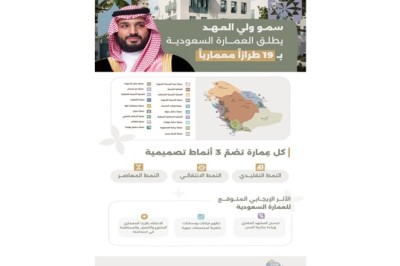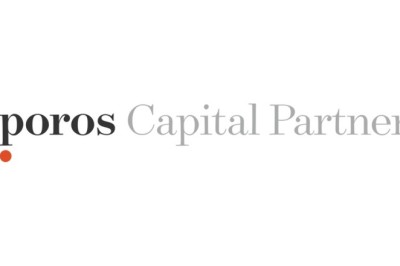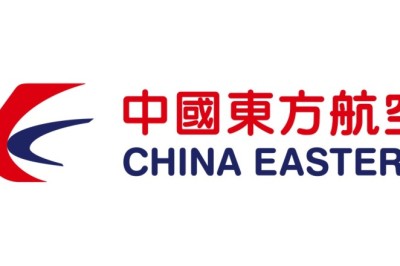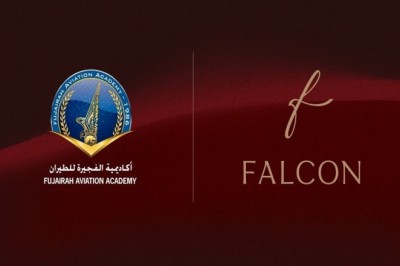
Leading Saudi companies including stc, SABIC, SEDCO Holding and Siemens share their integrative approaches to build a strong culture of integrity to ensure proper management and anti-corruption measures across organisations.
Sharjah, United Arab Emirates, 20 April 2021-(AETOSWire): The Pearl Initiative, a leading Gulf business-led non-profit organisation promoting a corporate culture of accountability and transparency, held a virtual panel discussion in conjunction with stc. The discussion, moderated by Siemens, highlighted the perspectives of leading Saudi companies, including stc, SABIC and SEDCO Holding, in promoting integrity best practices as well as shedding light on how Gulf businesses can leverage compliance programmes to create a sustainable corporate culture.
As part of the United Nations Conventions Against Corruption, Saudi Arabia has made numerous strides towards transparency, integrity and fighting corruption in order to curb unethical practices in the workplace. The expert panellists from leading Saudi companies highlighted that Saudi Vision 2030 has helped accelerate the implementation and expansion of anti-bribery legislation across the private sector within KSA.
Panellists highlighted a number of components required to build a corporate culture of integrity – including accountability, trainings, and management buy-in. Whilst it is often believed that cultivating this culture and embedding ethical practices requires buy-in from the top, stc’s Ethics and Compliance programme also relies heavily on the critical role of mid-management in driving this. At stc, the Ethics and Compliance team firmly believe that because employees see their managers on a day-to-day basis, they ‘listen with their eyes first’ and it is therefore imperative for management to understand that it is not only what they say, but what they do, that matters. Organisations must ask themselves how to get middle managers to buy-in to an Ethics and Compliance programme, as they have the biggest influence on whether it will be successful or not.
A culture of integrity is strongly entwined with having a robust ethics and compliance programme. The panellists emphasised the multitude of challenges and opportunities that exist in setting up such programmes, including effective change management, flexible and realistic targets, and open communication channels. Through engaging employees in key compliance trainings that contextualise integrity as part of their job role, an ethical culture will naturally be instilled and practiced on a day-to-day basis.
Building on this, Baker Sindi, Senior Compliance Manager at SABIC, showcased the approach that SABIC has taken to leverage employee training to build an ethical culture. “SABIC aims to disseminate a culture of compliance by identifying capable and willing employees, who we train and appoint as Integrity Ambassadors across our global offices. These ambassadors embody and role model a culture of integrity at SABIC and are responsible for raising awareness on best practices amongst their colleagues,” Baker stated.
With the impact of the COVID-19 pandemic on businesses, our panellists remarked that organisations are facing new and unprecedented challenges and a need to mitigate a number of risks. Compliance programmes need to evolve along with business operations and external disruptors. This process is eased when ethical procedures are embedded within the daily corporate culture of the organisation. Additional factors to maintain a robust ethical culture include leveraging technology for compliance management, upholding strong communication lines with employees, keeping abreast with national legislative and regulatory requirements, and proactively anticipating and managing shifts in trends across the wider ecosystem.
The live panel discussion convened business leaders from across the Gulf region, of which 70% were of management and senior executive level. The session is now available on demand for public access here: https://tinyurl.com/7cep24rp



















Facebook Conversations
Disqus Conversations